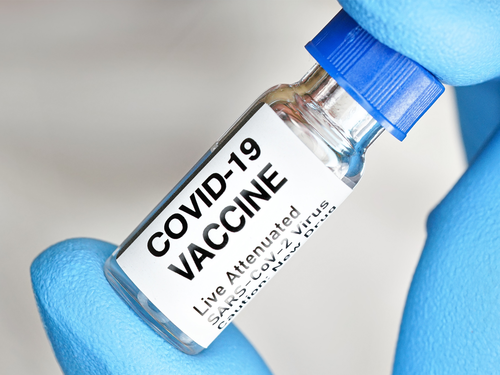ECDC launches the report 'Countering online vaccine misinformation in the EU/EEA'

The report explores the evidence base for how to counter online vaccine misinformation in the EU/EEA, current strategies used by public health authorities in a selection of EU countries, and training needs on this topic.
“Vaccine misinformation poses risks to national vaccination efforts as it can lead to increased vaccine hesitancy which, in turn, reduces vaccination uptake. Addressing the root causes for the spread of misinformation needs new approaches aimed at enhancing the public’s critical assessment, and these should involve a wide variety of actors, including (social) scientists, and communications experts”, says Mike Catchpole, ECDC Chief Scientist.
Vaccine hesitancy has been recognised as a major global health problem: in December 2018, the European Council called for stronger European cooperation against the risks posed by vaccine misinformation; and in 2019, WHO put vaccine hesitancy on their top 10 list of global health threats.
The current pandemic offers a unique insight into how rapidly vaccine misinformation can spread and why it is necessary to counter it quickly and effectively. Timely actions are needed to address emerging and evolving narratives that can adversely affect the prevention and control of COVID-19 and hamper efforts to achieve high vaccination coverage.
Research for the study included a literature review, interviews with representatives of national public health authorities from six EU Member States (Estonia, France, Germany, the Netherlands, Spain, and Romania) and several pan-European and international organisations involved in countering vaccine misinformation, as well as a social media analysis in the six participating countries.
The study indentifies several key actions for public health experts in Member States to take to counter online vaccine misinformation:
- Monitoring of misinformation on social media;
- Pre-emptive interventions aimed at promoting people’s digital, health and science literacy;
- Correcting misinformation through debunking techniques;
- Evaluation of the effectiveness of interventions aimed at countering online vaccine misinformation.
The study showed that existing practices for addressing online vaccine misinformation vary across Europe, and it also identified both the need and potential for expanding monitoring and evaluation of interventions being conducted in this area. It also indicates that consideration should be given to ensuring that sufficient resources are devoted to supporting national public health authorities in these efforts.
To support public health authorities, ECDC will also develop a training package on addressing online vaccine misinformation for public health and communication professionals in the EU/EEA Member States.